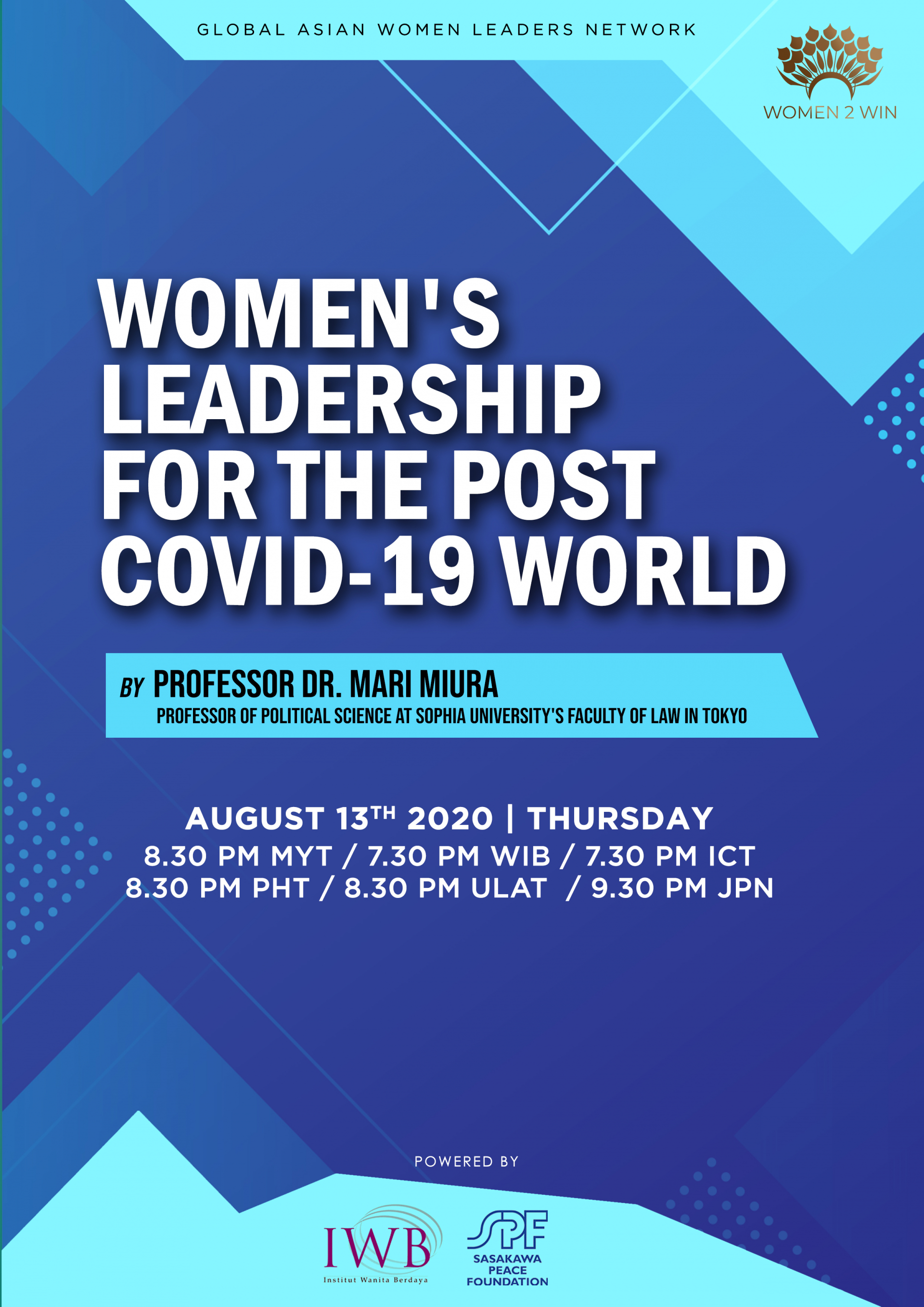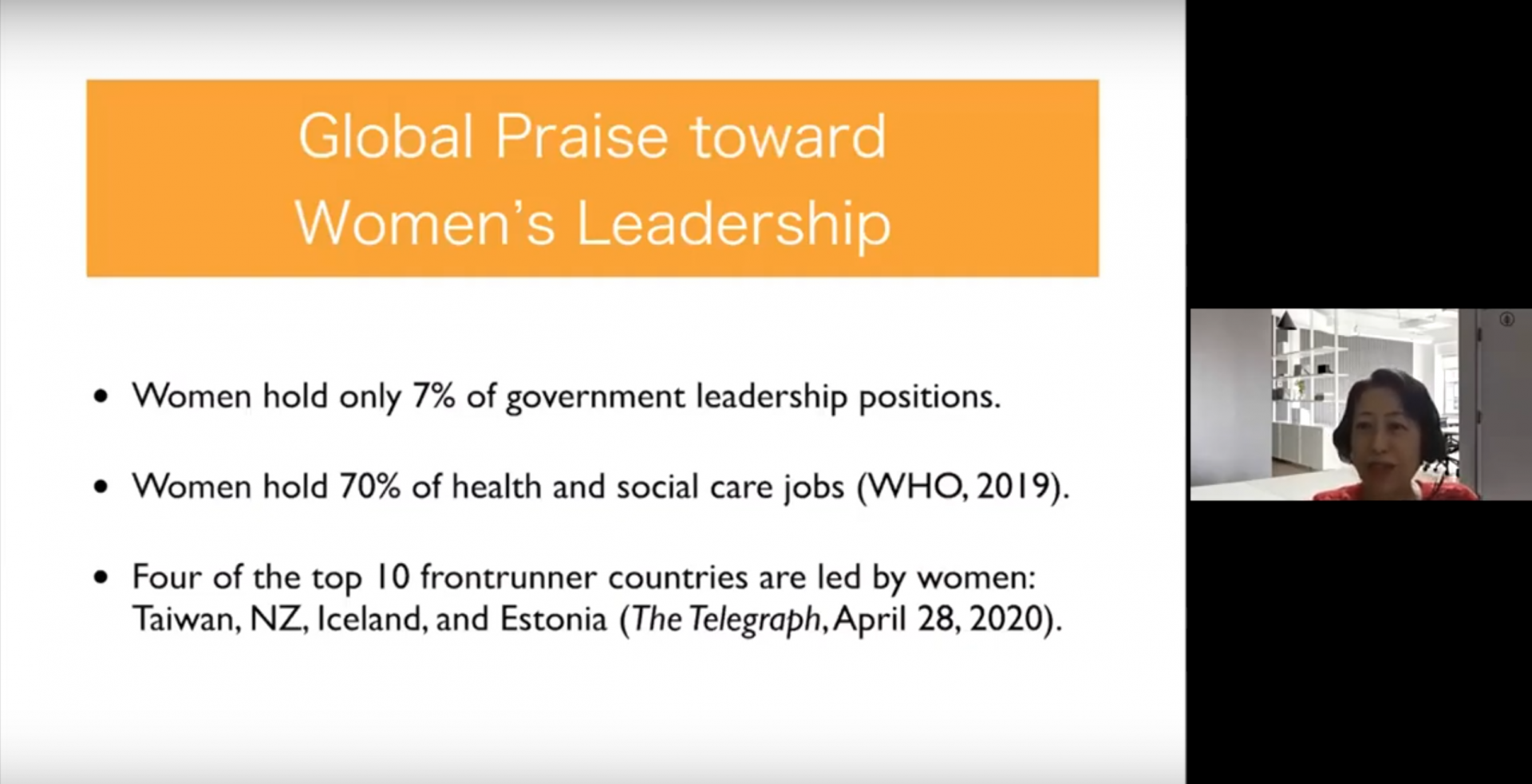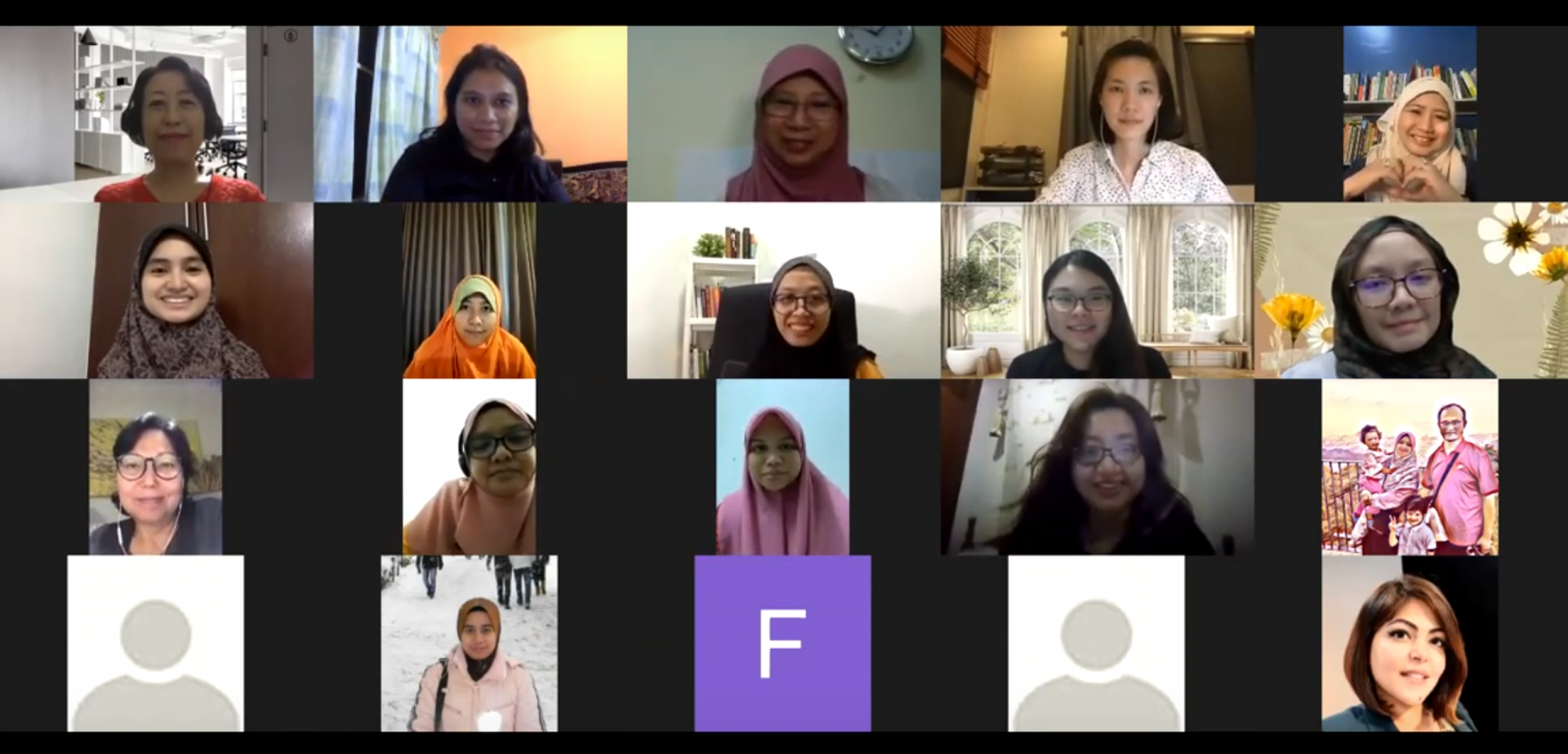Dr. Jaime Alip, founder of CARD MRI, and Ms. Sayaka Kankolongo, president of WELgee, discuss social innovation in Japan and the Philippines
SPF’s Peacebuilding Program welcomed Dr. Jaime Aristotle B. Alip, founder and chairman emeritus of the Center for Agriculture and Rural Development Mutually Reinforcing Institutions (CARD MRI), a microfinance institution in the Philippines, and Ms. Sayaka Watanabe Kankolongo, president of WELgee, a nonprofit organization that supports refugee employment in Japan, for an event at the foundation titled “Conversation with world-acclaimed social entrepreneurs – Philippines’ CARD MRI and WELgee's Initiatives.”


